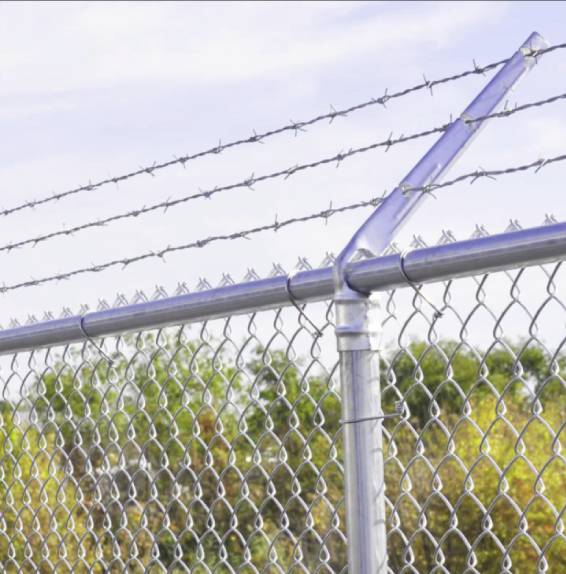fence picket nails
The Essential Guide to Fence Picket Nails
When it comes to building a fence, the little details make all the difference. One of those details is the choice of nails used for attaching pickets. While it may seem insignificant, the type and quality of nails you choose can affect the durability and aesthetic of your fence. This article explores the different types of fence picket nails, their benefits, and tips for selecting the right ones for your fencing project.
Understanding Fence Picket Nails
Fence picket nails are specifically designed for securing wooden pickets to the frame of a fence. These nails have unique characteristics that make them suitable for outdoor use. They are typically longer than regular nails, allowing for a stronger hold, and feature a ring or spiral shank that helps to prevent pulling out over time.
Nails come in various materials, including galvanized steel, stainless steel, and coated variations. Each material has its strengths and weaknesses, depending on the environment where the fence will be installed.
Types of Fence Picket Nails
1. Galvanized Nails These are perhaps the most commonly used picket nails. Galvanization involves coating the steel with zinc to protect it from rust and corrosion. This makes galvanized nails a suitable choice for fences exposed to the elements. However, over time, the zinc can wear off in harsh conditions, so consider this if you live in an area with extreme weather.
2. Stainless Steel Nails If you are looking for longevity, stainless steel nails are the way to go. They are highly resistant to rust and corrosion, making them ideal for coastal areas or locations with high humidity. Although they may come with a higher initial cost, their durability often justifies the investment.
3. Coated Nails Some nails come with a special coating that provides additional protection against rust. These coatings can vary in thickness and resilience, so it’s essential to choose a high-quality product. Coated nails can be a cost-effective alternative to stainless steel, depending on your specific needs.
fence picket nails

4. Specialty Nails For certain types of fences, such as those made from composite materials or unique wood species, specialty nails may be necessary. These nails are designed to avoid splitting the wood or to enhance the aesthetic appeal of the finished project.
Choosing the Right Nails
When selecting nails for your fence project, consider the following factors
- Material As mentioned earlier, the choice of material can significantly affect the lifespan of your fence. If you live in a humid or coastal area, opt for stainless steel or high-quality galvanized nails to ensure resistance to rust.
- Length and Gauge The length and gauge (thickness) of the nails are also crucial. Generally, 1.5 to 2.5-inch nails are suitable for most picket installations. Make sure the gauge is sufficiently robust to support the weight of the pickets without bending or breaking.
- Style The style of nails can influence the overall look of your fence. Consider using nails with decorative heads for a more polished finish.
- Quantity Don’t forget to purchase more nails than you think you’ll need. It’s better to have extra nails on hand in case of mistakes or unforeseen issues.
Conclusion
In conclusion, while fence picket nails may be a small component of your fencing project, they play a vital role in its success. Choosing the right type of nails based on material, length, and gauge can enhance the longevity and appearance of your fence. By paying attention to these details, you can ensure that your fence not only looks great but also stands the test of time. Whether you opt for galvanized, stainless steel, or coated nails, investing in quality materials is key to a beautiful and durable fence. Happy building!
-
Space-Saving Chain Fence Hacks Vertical Gardening with Cyclone MeshNewsJul.16,2025
-
Innovations in Iron Nail Wire Production for Modern ConstructionNewsJul.16,2025
-
Creative Uses of Wire Netting Fence in Modern Landscape DesignNewsJul.16,2025
-
Barbed Wire Fence Innovations in Anti-Climb TechnologyNewsJul.16,2025
-
Architectural Uses of Umbrella Nails for Aesthetic Roof DesignsNewsJul.16,2025
-
Architectural Uses of Razor Barbed Wire in Secure Urban DesignNewsJul.16,2025




